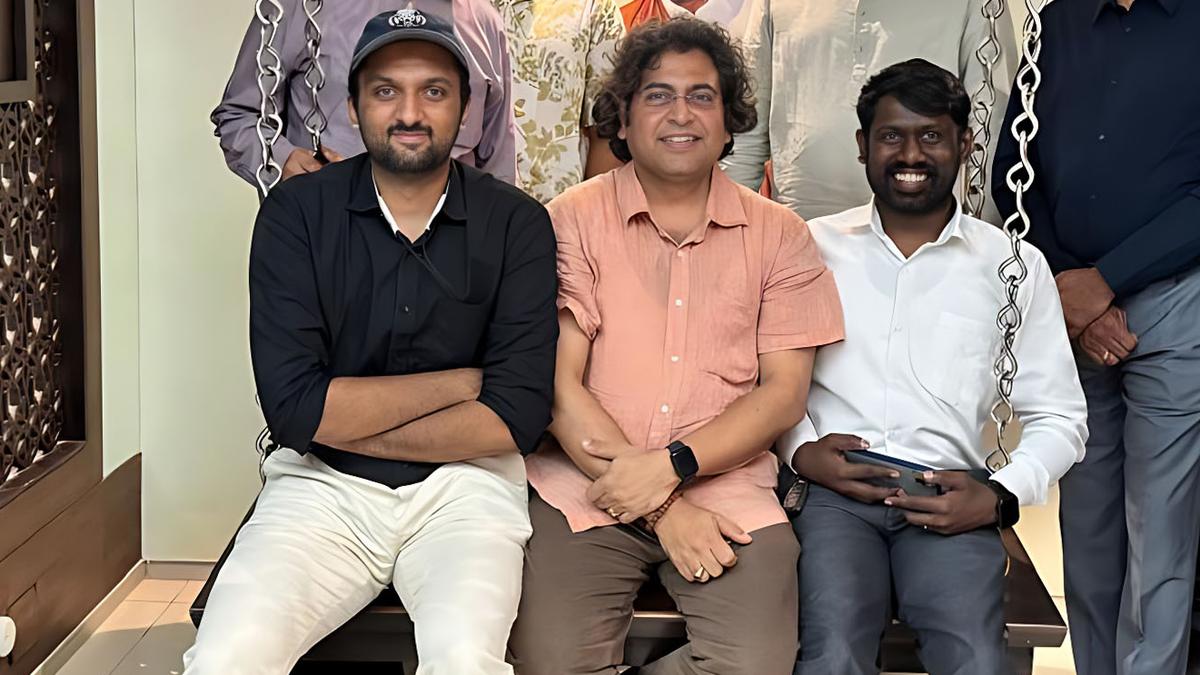Plenome Co-founders (seated, from left) Anirudh Varna, Prabhu Rajagopal, Vijayaraja Rathinasamy
Two areas outside of finance that witness significant fraud in India are organ donation and electoral voter authentication.
Plenome Technologies, a start-up incubated by IIT-Madras that recently raised funds, has patented a framework based on blockchain technology to authenticate organ donors. The technology is also useful in authenticating voters.
Prof Prabhu Rajagopal of IIT-Madras, who is a Co-founder at the firm and a Shanti Swarup Bhatnagar Awardee, says organ donations are tracked largely through information stored in spreadsheets. Though it is a form of digital storage, it is not immune to data tampering. Enter blockchain tech.
Blockchain is a database or ledger used to make data in any industry immutable. It is a chain of blocks that authenticates data as it moves from one block to another in the form of transactions, approvals or veracity checks. Once data moves through these chains, there is no going back to change the details of a completed transaction or check.
The only stage at which a blockchain application needs a trustworthy intermediary is data entry.
In organ donation, where data exists merely in spreadsheets, it is nearly impossible to track the origin of records. Plenome’s ‘OrganEase’ tool, built on its private blockchain framework, addresses this by recording the consent and biometric data of donors. This, says Rajagopal, “ensures organs are traceable to legitimate sources, preventing the use of trafficked organs and guaranteeing the authenticity of the entire donation process”.
Plenome is currently running a pilot of the product with the government of a southern Indian State.
Voter authentication
The company’s BlockVote software uses the private blockchain framework to ‘cryptographically’ authenticate voter IDs. Cryptography encodes information and only authorised personnel can access it.
It matches a voter’s biometrics (such as Aadhaar data) against a pre-recorded benchmark on the blockchain, ensuring only valid, registered individuals cast votes. This could also allow non-resident voters to cast their ballot from any part of India.
The technology assumes significance in the context of the voter fraud allegations that surface frequently, most recently from the Leader of the Opposition in the Lok Sabha Rahul Gandhi, who has claimed that over one lakh fake votes were created in the Bangalore Central constituency during the 2024 general elections.
The tool was piloted during the previous IIT-Madras student elections. On the firm choosing to build a private blockchain, Rajagopal explains that a generic blockchain platform is too large for specific use cases. “It is like using a sledgehammer to fix all kinds of problems, be they big or small.”
More Like This
Published on August 11, 2025
